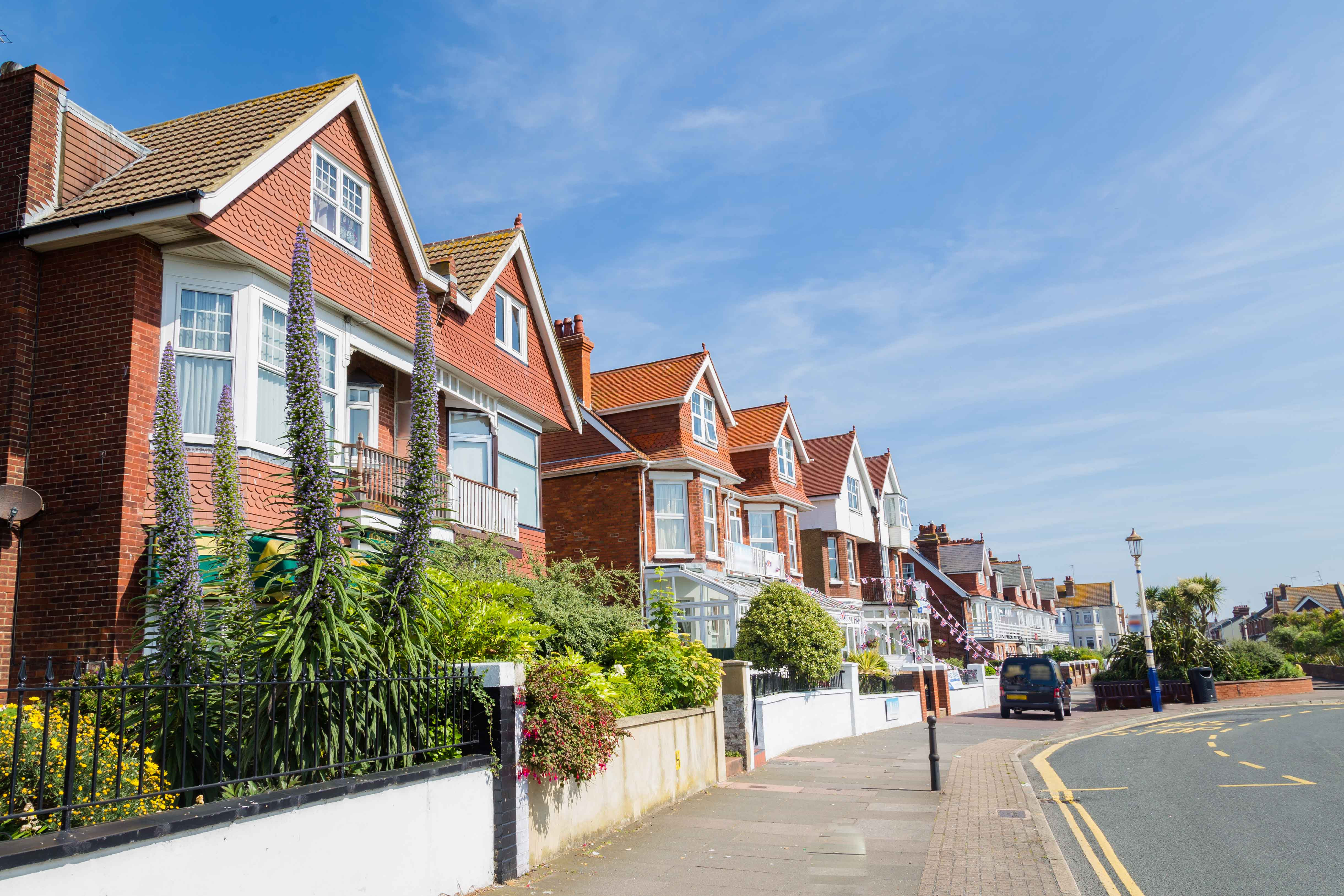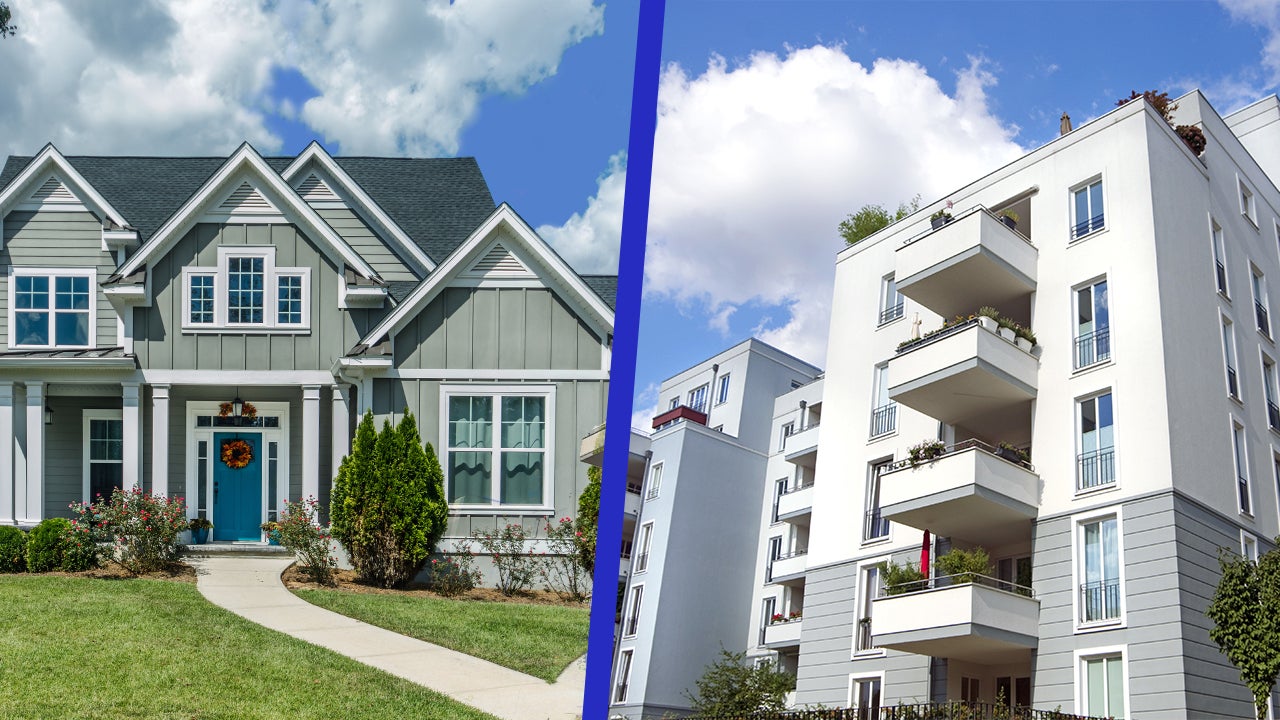The choice between renting and owning a luxury home in the United Kingdom is a significant decision influenced by financial considerations, lifestyle preferences, and long-term investment goals. Both options offer distinct advantages and considerations that cater to different needs and circumstances. This comprehensive article explores the factors influencing the decision to rent or own a luxury home in the UK, providing insights into financial implications, lifestyle benefits, and investment perspectives to assist prospective homeowners and tenants in making informed choices.

Owning a Luxury Home: Advantages and Considerations
1. Long-Term Investment
Owning a luxury home in the UK can be a lucrative long-term investment strategy:
- Equity Build-Up: Monthly mortgage payments contribute to building equity in the property, which can appreciate over time.
- Property Appreciation: Historically, UK property prices have shown appreciation, potentially yielding capital gains upon resale.
- Tax Benefits: Homeowners may benefit from tax deductions on mortgage interest payments and property taxes, reducing overall tax liabilities.
2. Customization and Personalization
Owning allows for extensive customization and personalization of the property:
- Interior Design: Modify and renovate interiors to suit personal tastes and preferences.
- Landscaping and Outdoor Spaces: Personalize gardens, outdoor amenities, and architectural features.
3. Stability and Control
Homeownership provides stability and control over living arrangements and financial planning:
- Predictable Payments: Fixed-rate mortgages offer stability in monthly housing costs, unlike rental payments that may fluctuate.
- Decision-Making Authority: Owners have autonomy in property management, maintenance schedules, and improvements.
4. Potential Rental Income
Luxury homeowners can generate passive income by renting out their property:
- Rental Yield: Rental income can offset mortgage and maintenance costs.
- Short-Term Letting: Utilize platforms like Airbnb for short-term rentals, particularly in tourist hotspots.
5. Prestige and Status
Owning a luxury home often signifies prestige and status within the community:
- Symbol of Success: Showcase personal achievement and financial success through homeownership.
- Community Integration: Establish roots in desirable neighborhoods and benefit from networking opportunities.
Renting a Luxury Home: Advantages and Considerations
1. Flexibility and Mobility
Renting offers flexibility and mobility, catering to individuals with transient lifestyles:
- Short-Term Commitment: Lease terms provide flexibility to relocate or upgrade as needed.
- Ease of Relocation: Move to different locations without the burden of property sale or purchase.
2. Maintenance and Hassle-Free Living
Renters are typically not responsible for property maintenance and repairs:
- Landlord Responsibilities: Property owners manage upkeep and major maintenance expenses.
- Predictable Costs: Fixed rental payments simplify budgeting without unexpected maintenance costs.
3. Access to Luxury Amenities
Luxury rentals often include access to exclusive amenities that may be cost-prohibitive for homeowners:
- Facility Use: Enjoy gyms, spas, concierge services, and security features without ownership responsibilities.
- Maintenance-Free Living: Benefit from amenities without the hassle of upkeep.
4. Financial Flexibility
Renting frees up capital for other investments or financial goals:
- Investment Opportunities: Allocate savings towards diverse asset classes or financial instruments.
- Market Timing: Flexibility to enter the property market at advantageous times.
5. Risk Mitigation
Renting mitigates risks associated with property ownership, such as market fluctuations and unexpected expenses:
- Market Stability: Rental rates are typically insulated from property market volatility.
- Insurance Coverage: Renter’s insurance protects personal belongings without property insurance costs.
Factors Influencing the Decision
1. Financial Considerations
- Ownership: Evaluate mortgage affordability, long-term financial planning, and potential return on investment.
- Renting: Consider rental rates, lease terms, upfront costs, and financial flexibility.
2. Lifestyle Preferences
- Ownership: Appeal to individuals valuing stability, customization, status, and long-term asset accumulation.
- Renting: Attractive for those prioritizing flexibility, mobility, convenience, and access to luxury amenities.
3. Market Conditions
- Ownership: Assess local property market trends, forecasted appreciation, and resale potential.
- Renting: Evaluate rental market stability, landlord reputation, and lease agreement terms.
Conclusion
Deciding whether to rent or own a luxury home in the UK involves careful consideration of personal preferences, financial circumstances, and lifestyle priorities. Ownership offers long-term investment potential, customization options, stability, and status, though it requires financial commitments and responsibilities. Renting provides flexibility, mobility, maintenance-free living, access to luxury amenities, and financial freedom without the burdens of ownership.
Prospective homeowners should assess affordability, mortgage options, tax implications, and property market conditions to determine if ownership aligns with their financial goals and lifestyle aspirations. Renters can enjoy flexibility, luxury amenities, and investment flexibility while preserving capital for other financial pursuits.
By understanding the benefits and considerations of renting versus owning luxury homes in the UK, individuals can make informed decisions that optimize their living standards and financial objectives. Whether opting for ownership or renting, both pathways offer unique advantages to enhance quality of life in the UK’s competitive luxury real estate market.
